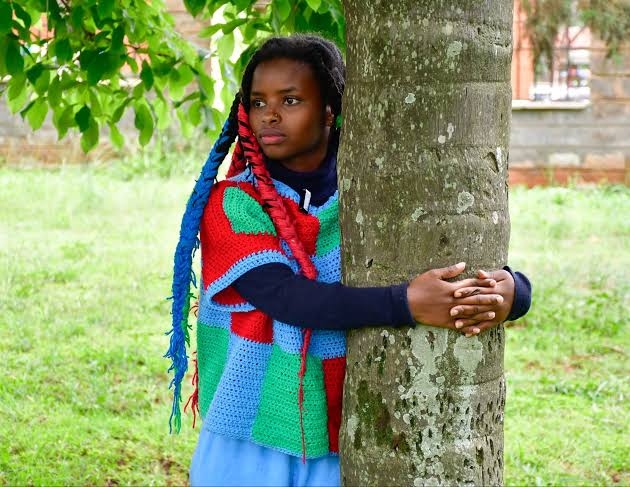Amina* (not her real name) had an arranged marriage at the age of 20.
The high school drop-out from Mombasa county thought she met the love of her life, only for hell to break loose.
“The bed of roses I thought marriage was, turned into thorns. Every attempt to leave the abusive man would be met by my parents and the elders asking me to go back,” Amina says.
They told her to be patient and that marriage is not for the faint-hearted.
But since her community's cultural practices required her not to question her elders, she returned to her husband.
Amina was barely 17 and in Form 3 when her grandmother died.
Her grandmother's death meant that Amina and her siblings drop out of school and go back to their parents.
She had to give up her chance for education to her younger brother.
While living with her grandmother, Amina sold fruit juice to her classmates and teachers.
After the death of her grandmother, she worked with her mother in her Henna business.
“I was able to save some money and paid for computer lessons,” Amina said.
Lucky for her, she secured a job as a receptionist in one of the insurance companies. It is during this time that Amina met her abusive husband.
At some point in her marriage, she restarted her collapsed hijab business. Her husband would, however, object to her business ideas.
He wanted her to stay at home and look after the family.
Amina defied him and continued with her henna business. She also sewed and sold hijabs.
A few years later, the business grew and she started to brand the hijabs.
The branded hijabs cast her into the limelight. She got coverage from several media houses and the brand became popular in Kenya and beyond.
But, behind the well-established business, Amina battled an abusive and toxic marriage that almost ended her life.
She drew her strength from her two children and business.
“I suffered depression, stroke and high blood pressure. I would, however, put on a brave face and continue smiling to hide my pain,” Amina said.
“Allah gave me strength. After eight years of abuse, I found some Sheikhs who listened to me and showed me the way out of the toxic marriage.”
She left her husband for the fifth time, but this time, it was for good.
When her parents tried to persuade her to go back, she told them she would commit suicide.
This changed her parents' heart and they supported her to rebuild her life.
“Through their support, I was able to give my children the best life they never had because they suffered from a lot of trauma after seeing what I went through,” Amina said.
“It has been two years of separation and my husband has refused to sign the divorce papers, I am still fighting to get my divorce at Kadhi's office.”
Amina's husband locked up all her belongings including her children's clothes, forcing her to start her life from zero. Her hijab business also collapsed.
After some time, she tried to reopen her hijab business but it failed.
Unbowed, Amina took up four jobs to fend for her family.
She work as a house help, a shopkeeper and a volunteer in different organisations.
She also resells perfumes from different shops at MacKinnon Market famously known as Marikiti.
Data from the Kenya Institute of Public Policy Research says about 34 per cent of women have experienced physical violence since age 15.
It says 13 per cent of women have experienced sexual violence at some point in their lives.
Given a chance to turn back the hands of time, Amina would never accept an arranged marriage.
"I would do a background check of the man as well," she says.
"I advise young women not to rush into marriage before they are mentally and emotionally prepared. Also try to find a sustainable income,” she said.

















